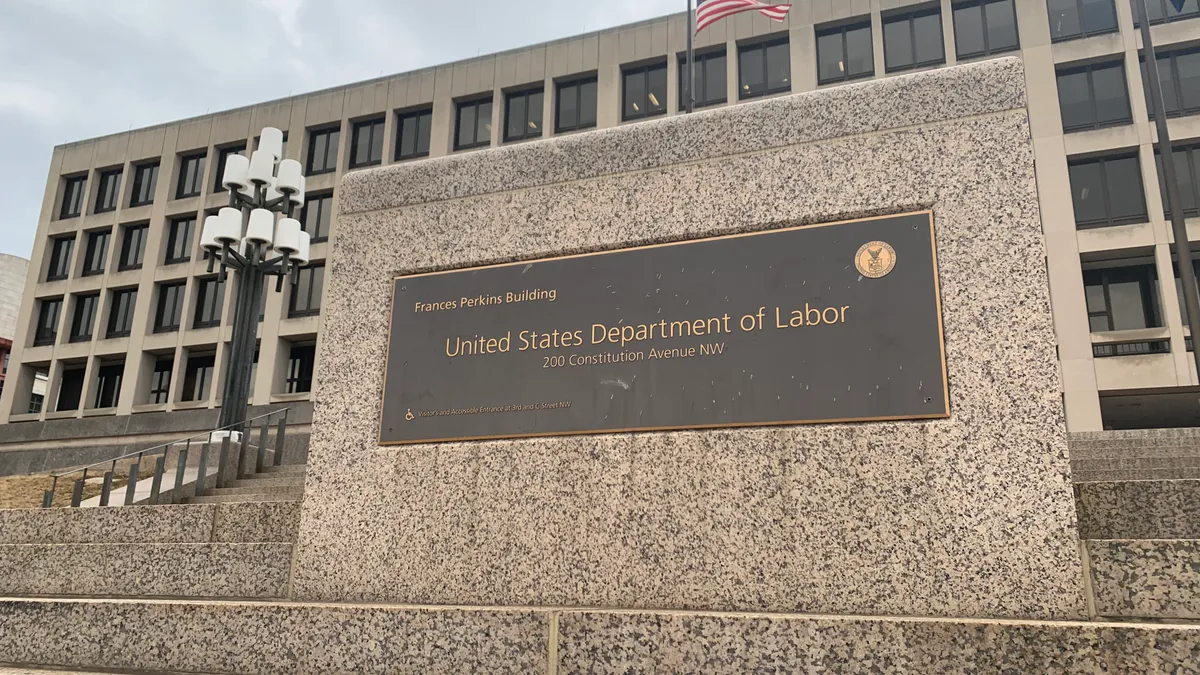The Family and Medical Leave Act may cover time off for employees to participate in clinical trials, the U.S. Department of Labor said in a Nov. 8 opinion letter.
An unnamed organization — one working to find a cure for a disease that can be long-term and severe, according to the agency — requested that DOL weigh in on such potential coverage, saying that patient concerns about taking time off work were hindering participation in clinical trials.
In response, DOL made clear that employees may take FMLA leave for the treatment of their own serious health condition, even if that treatment is part of a clinical trial.
The law covers “continuing treatment” which can include, for example, prescription medication or therapy requiring the use of special equipment, Wage and Hour Administrator Jessica Looman wrote. And those interventions are similar to those used in clinical trials; the experimental nature or potential use of placebos does not render trials excluded from coverage, she said.
It is irrelevant whether a treatment has met certain criteria for efficacy, according to the opinion letter, and the fact that a treatment is voluntary likewise does not affect the FMLA eligibility determination.
Looman also pointed out that employers wouldn’t necessarily know whether a treatment is part of a trial: While FMLA regulations allow employers to require medical documentation, they do not require an employee to disclose specific details about prescribed medication or their precise treatment plan, she said.














